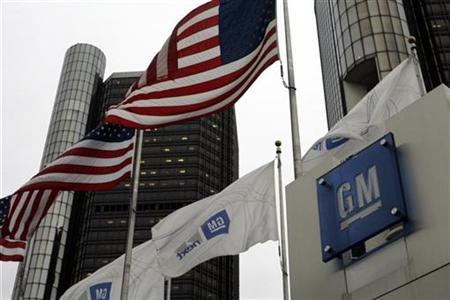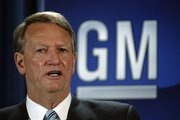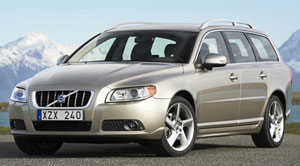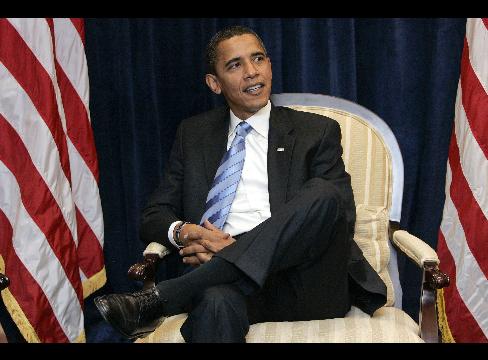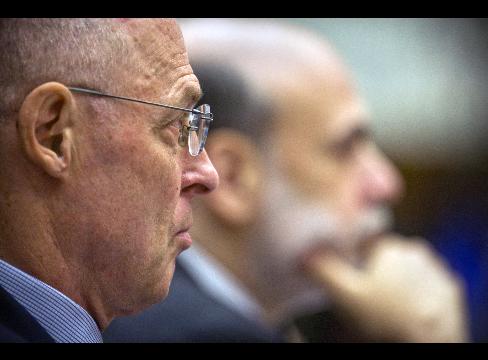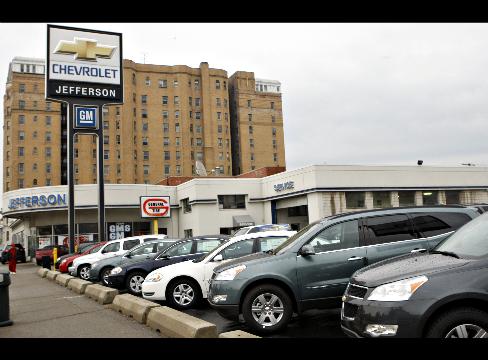WASHINGTON – President Bush agreed to an emergency bailout of General Motors and Chrysler, giving them a few months to get their businesses in order, but left to President-elect Barack Obama the difficult political decision of ruling on their progress.

The president’s plan gives carmakers until March 31 to restructure.
Doug Mills/The New York Times
The plan pumps $13.4 billion by mid-January into the companies from the fund that Congress authorized to rescue the financial industry. But the two companies have until March 31 to produce a plan for long-term profitability, including concessions from unions, creditors, suppliers and dealers.
The bailout plan sets “targets” rather than concrete requirements about what those concessions may be, meaning that Mr. Obama and his advisers have enormous latitude to decide how to define long-term viability.
Read moreBush Gives Emergency Loans to Automakers: A $17.4 Billion, 3-Month Lifeline
